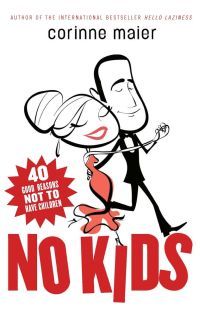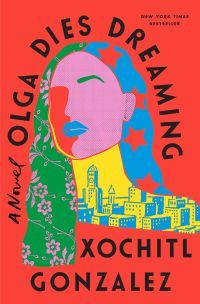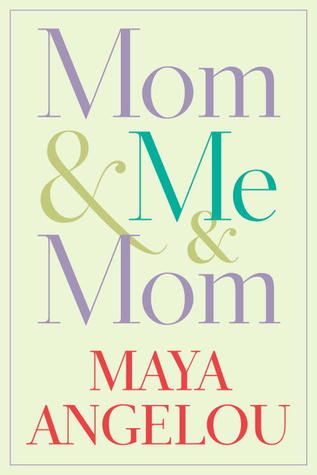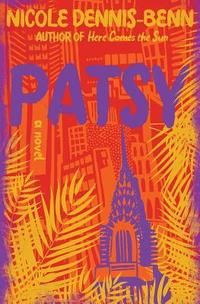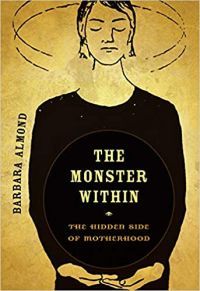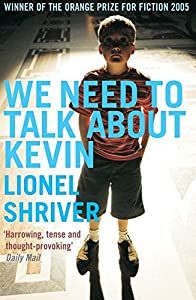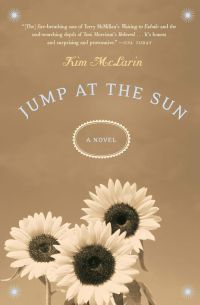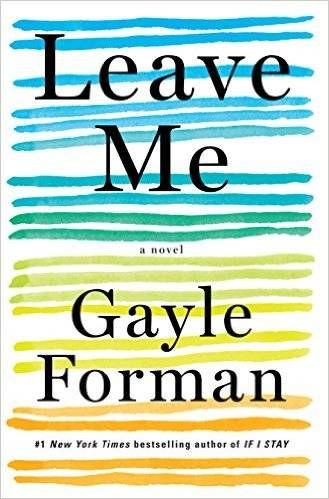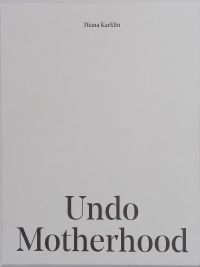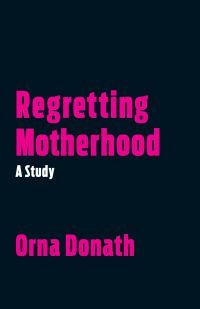In the psychological drama The Lost Daughter, a film based upon the Elena Ferrante novel of the same name, a middle-aged woman reveals that she once abandoned her daughters for three years. She characterizes that time away from her children as “amazing.” Of course, because she admits to this, she is seen as selfish. A villain. Still, she shares this part of herself in order to make another mother — one who is struggling — feel less alone. In a culture that venerates the role of the mother, women who admit to disliking motherhood are branded as monsters. Women who choose themselves over their children — at any moment, on any level — are shamed. But motherhood is a responsibility like any other, one that can exhaust us, frustrate us, flatten us. And when we’re not allowed to voice our truth, we become isolated within that experience. As a person who set her sights on motherhood at an early age, and who spent nearly four years dealing with infertility issues, I love being the mother of my child. At the same time, I remember clearly those months of postpartum depression, months I felt I couldn’t admit to especially because I’d tried so hard and for so long to be a mom. I was so afraid of being seen as ungrateful or hypocritical. Even now, I have my moments of feeling completely depleted or angry or resentful — usually when I’m trying to get work done. It’s not my daughter’s fault. Yet I can feel my patience with her dwindling. And then there it is: another wave of mom guilt. I love being a mother. But I also want to be more than a mother. It is because of this that I enjoy narratives that actually acknowledge this want. That reveal those darkest of feelings. If you, too, crave narratives of motherly regret, I got you. The list below runs the gamut from maternal ambivalence to runaway mom fantasies to full-on parental regret. Come on. Step inside my brain. If, after reading these, you’re only hungry for more, I find that genre fiction can be an endless source of entertainment when it comes to monstrous and missing mothers. Here are some of the best horror books about moms and psychological thrillers about motherhood. This post on postpartum depression and psychosis covers a very important gap that I didn’t even get to touch upon in this post. And if my excitement over these titles didn’t already make it clear, I want you to know that I see you, I understand you, and whatever you’re feeling around motherhood, it’s absolutely normal.
